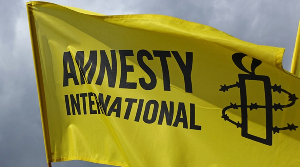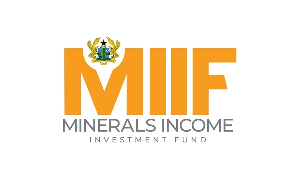Cape Coast, Oct. 22, GNA- Ghana is expected to export 62.5 million dollars worth of non-traditional goods to the United States under the African Growth and Opportunity Act (AGOA) this year, up from 50 million dollars last year, Dr Gordon Asare-Kyeremateng, 'Help Desk' Advisor said on Wednesday.
According to him, Ghana has performed very well since the inception of AGOA three years ago, resulting in the country being adjudged the tenth best exporter last year.
Dr Asare-Kyeremateng who was addressing a day's regional seminar on AGOA at Cape Coast under the theme: "Taking advantage of the AGOA initiative," urged entrepreneurs to avail themselves of the opportunity to increase exports to the U.S.
The seminar was organised by the American Chamber of Commerce, Ghana, for fashion designers, food processors and other entrepreneurs. It was geared towards assisting companies in the Central Region to meet the requirements under the Act, as well as, mobilise exporters to join the Chamber, and form an AGOA exporters association.
He said AGOA was particularly doing well in the manufacturing and Agricultural sectors and in the handicraft industry, and that about 50 million dollars worth of garments were exported last year.
He said last year, sub-Saharan Africa, exported goods estimated at nine billion dollars under AGOA to the U.S, registering a ten percent increase over the previous year exports.
Dr Asare-Kyeremateng said the Chamber had set up an AGOA help desk in Accra, to serve as a "one-stop shop" for AGOA related information, as well as link potential exporters with agencies and buyers in the United States.
He told the participants that there was still a "big market" and advised them to produce good quality goods that would be acceptable in the U.S market.
He cited batik makers, in particular, saying they should be more innovative and creative. He also advised them not to depend on the government for all their needs, but to form groups to enable them get access to partners in the US, through the Internet.
Business News of Wednesday, 22 October 2003
Source: GNA












